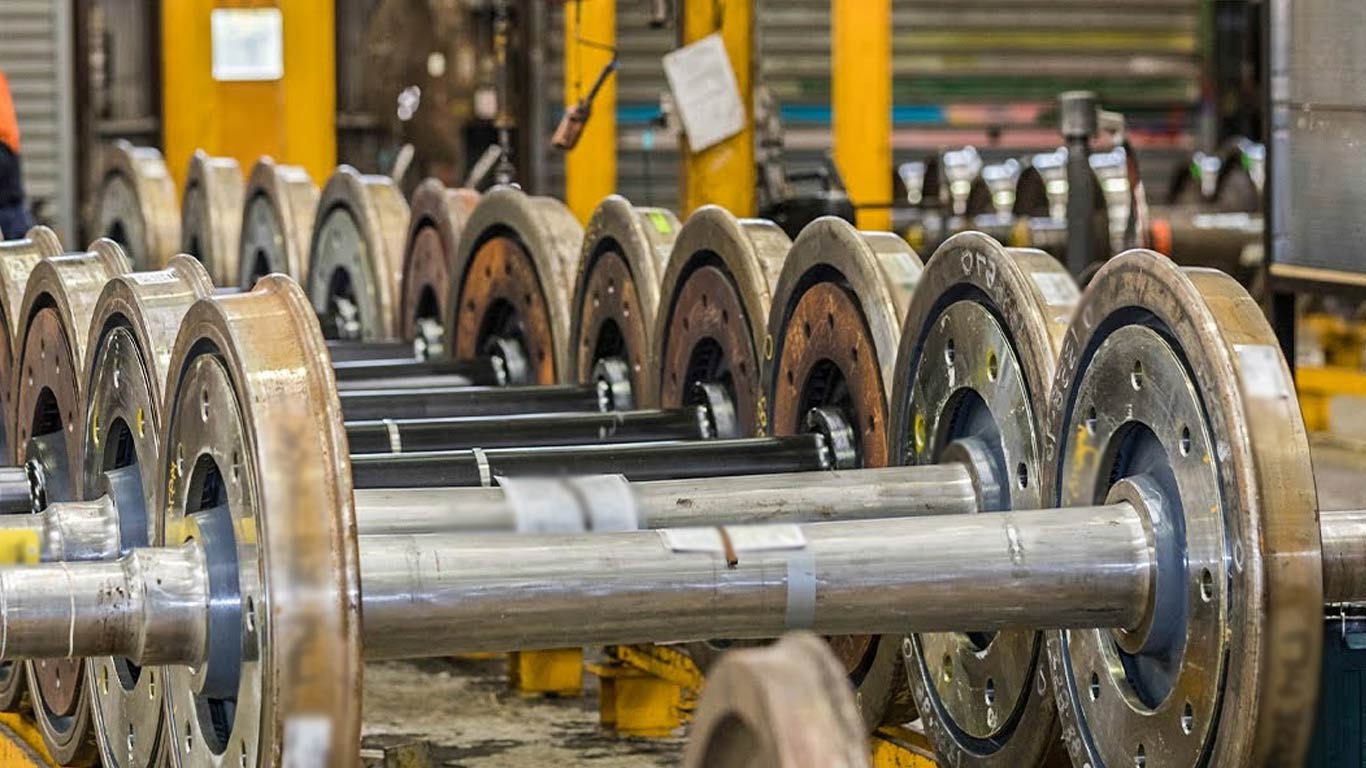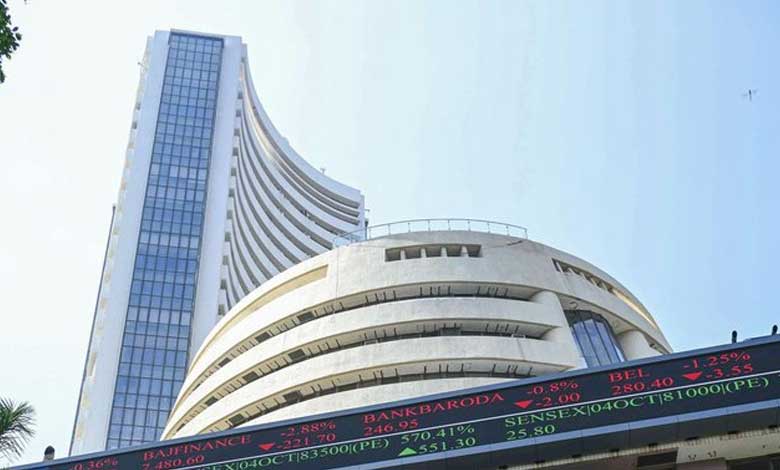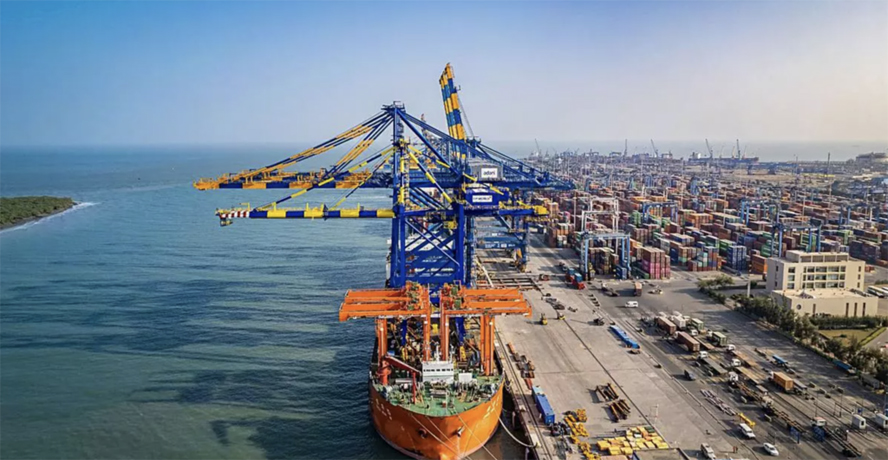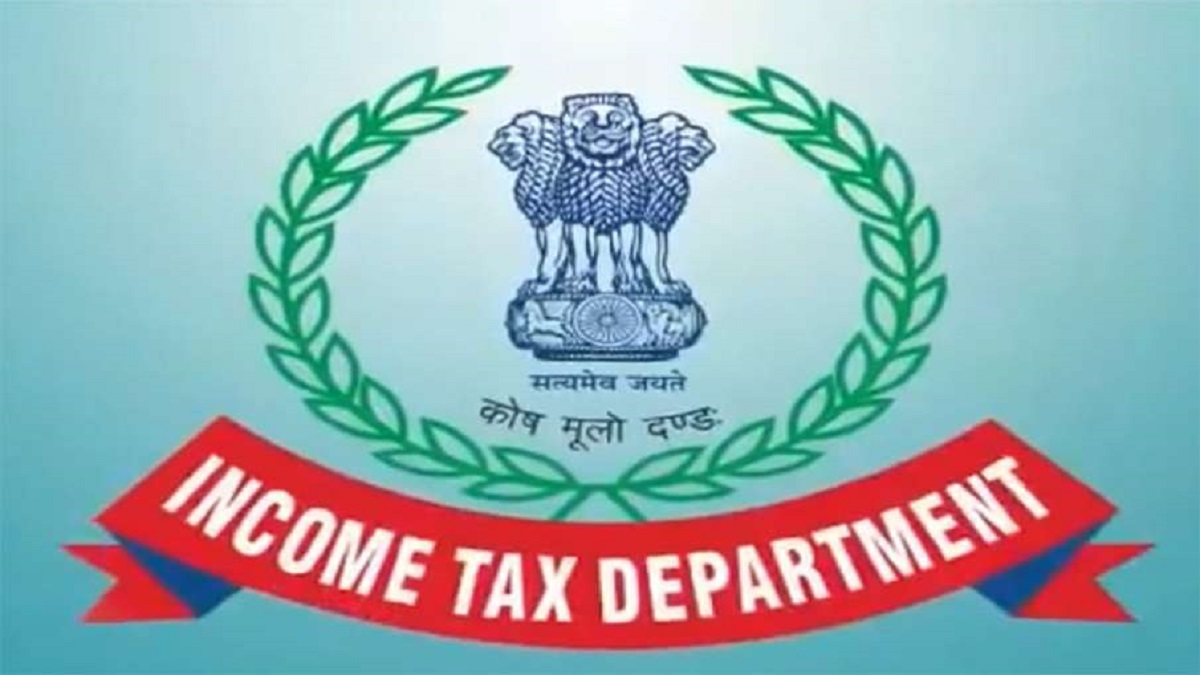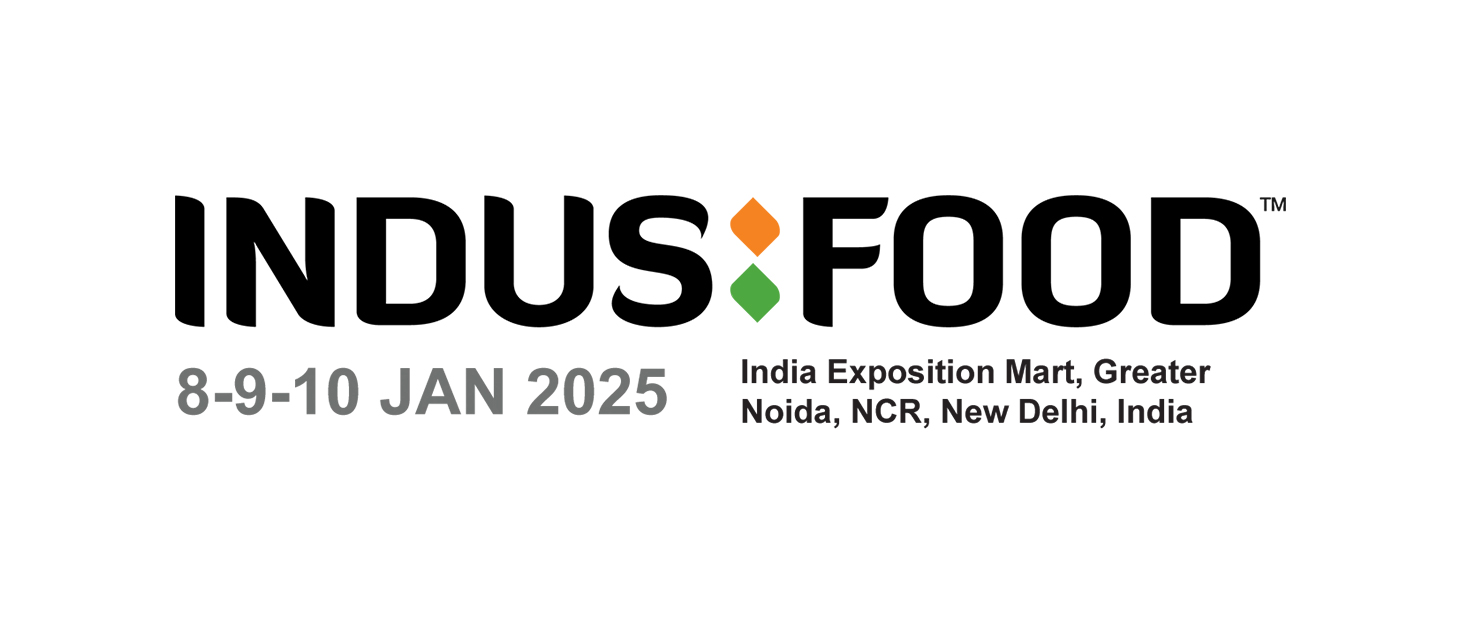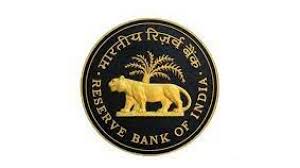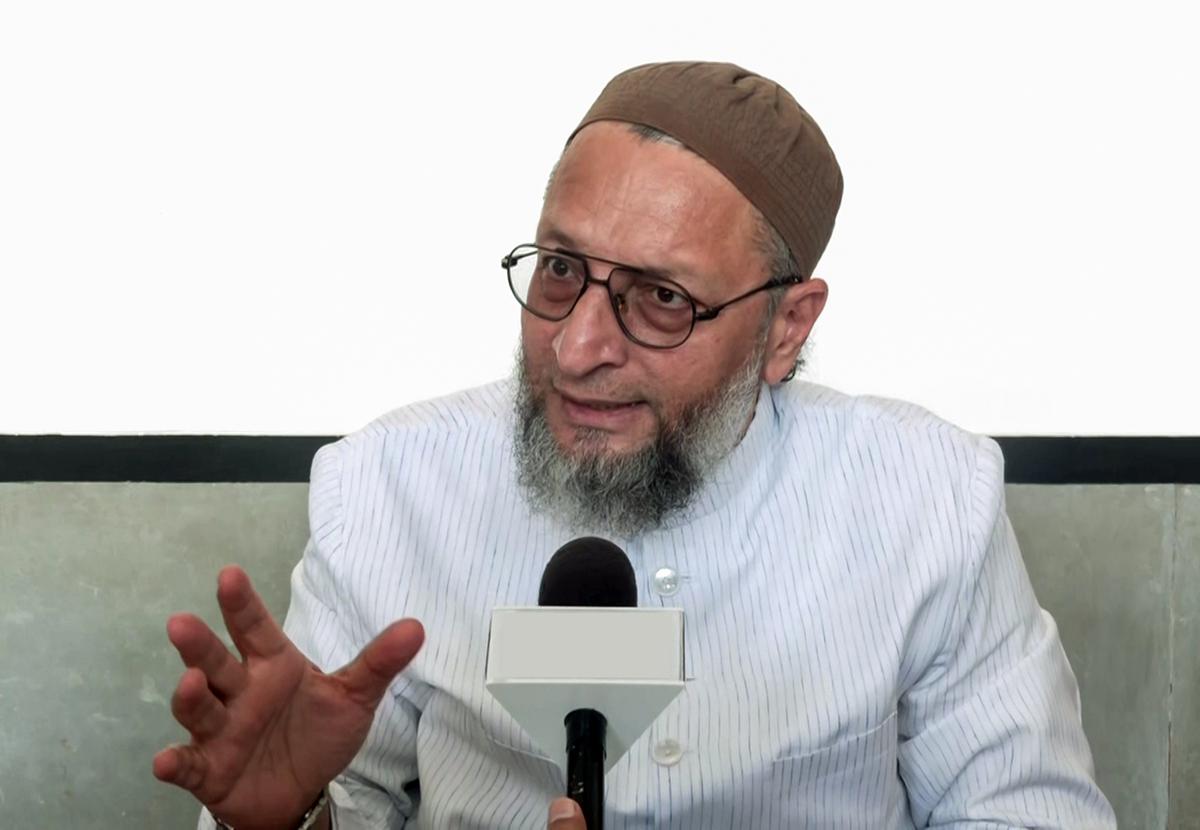Hyderabad food and beverage is seven years behind Mumbai, Delhi
Sun 19 Sep 2021, 12:20:03
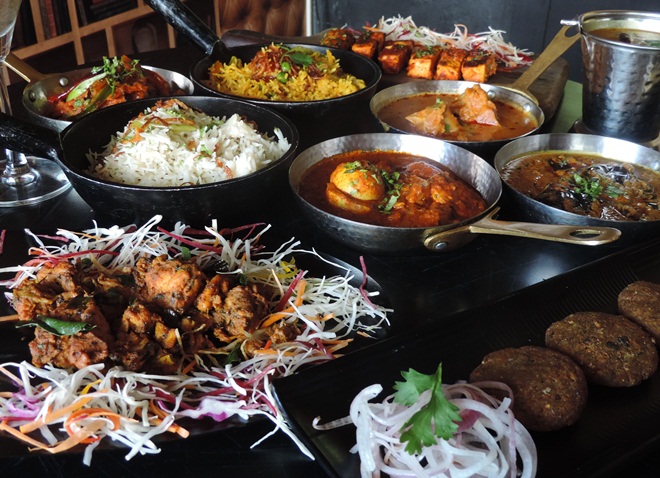
Hyderabad needs to be put on the map as a food and beverage (F&B) destination, says Shaaz Mehmood, owner of Olive Hyderabad and partner of Olive Bar & Kitchen, who was recently elected as the Managing Committee Member of National Restaurant Association of India (NRAI) for 2021-23.
NRAI is the voice of the Indian restaurant industry founded in 1982. The committee consists of over 30 restaurant CEOs/owners representing the various national and international brands from the F&B sector. Shaaz is the only member from Hyderabad to be on the committee.
He wants to bring the industry together, become the voice of the industry from Hyderabad on a national platform and put the city on the map. “There are issues about GST inputs, licensing, incentives and subsidies for the industry, and relief for dealing with the effects of the lockdown. I want to highlight all of these to the NRAI,” says Shaaz.
Talking about the issues that are holding back the F&B industry in the city, Shaaz says, “I joined the industry a decade ago when there were no speciality restaurants; every menu had to be multi-cuisine, you had to have biryani for sure.
The the F&B industry in Hyderabad has seen an exponential burst in the last four-five years. But are we anywhere close to Mumbai or Delhi? We are five-seven years behind them in terms of eating habits and the diverse experience offered,” says Shaaz With every small and big restaurant being forced to register itself on food aggregating apps, the monopoly with the latter is increasing.
There is a 35% commission that the restaurant have to pay to these apps. “One of the biggest problems with food aggregating apps is that they refuse to share customer details with the restaurants, making it difficult for the latter to make direct connections with the customers,” says
Shaaz.
Shaaz.
NRAI is about being the voice of the industry, not just for the restaurants, but also caterers, kiosks, and anybody in the F&B space, says Shaaz. It’s platform to talk to the government, policy-makers about training, food safety practices, etc. “These are not very strong in India, including Hyderabad. For example, when the lockdown happened last year, there was nobody asking about how do we open it up and what’s happening. There were individual smaller associations but there was no national body talking about it.
Amar Ohri, executive director, Ohri’s Group and Shankar Krishamurthy, partner at Fusion 9 Hospitality, and I spoke to NRAI that it must make its presence felt in Hyderabad. We met IT and MAUD Minister KT Rama Rao and gave a representation from the NRAI and explained the issues. That was one of the reasons that the industry opened up last year,” says Shaaz.
One of the strange things that happened after the lockdown, no just in India but globally, was ‘revenge dining’. A lot of people, especially the corporate sector of the city, had saved up a lot of money during the lockdown because spending was low. After the lockdown was lifted, they used this surplus money to dine often, even three to four times a week.
“People probably got bored of eating the same old home-cooked food. Our sales are great, much better than what we had expected. We anticipated that it will be a slow rise but it was quite a steep rise,” he says.
Lockdown was a challenging time and many restaurants who had shut and were not able to reopen. But because of the tightened revenue, Olive cut out on a lot of its overheads.
They were able to optimise staffing and expenses because it wanted to run a tight shift. “Now that the revenues have picked up, we have stuck to tightened costs, making the business much more profitable,” says Shaaz.
No Comments For This Post, Be first to write a Comment.
Most viewed from Business
AIMIM News
Asaduddin Owaisi questions PM Modi's China policy
Jan 08, 2025
Owaisi slams UP over police post near Sambhal mosque
Dec 31, 2024
Owaisi hails SC order on Places of Worship Act
Dec 13, 2024
AAP Corporator Tahir Hussain joins AIMIM party
Dec 11, 2024
Latest Urdu News
Most Viewed
May 26, 2020
Which political party will win the Delhi Assembly polls to be held on Feb 5?
Latest Videos View All
Like Us
Home
About Us
Advertise With Us
All Polls
Epaper Archives
Privacy Policy
Contact Us
Download Etemaad App
© 2025 Etemaad Daily News, All Rights Reserved.


